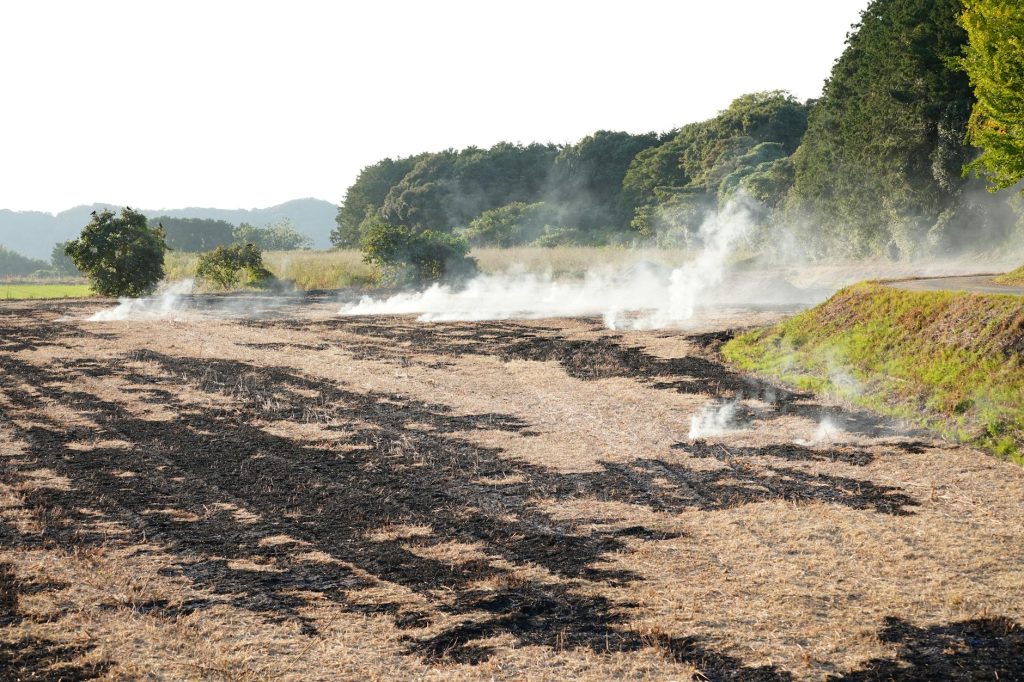Exploring the Best Sustainable Practices in Cocoa Farming
Cocoa farming plays a pivotal role in the global economy, providing raw material for chocolate and other confectionery products. However, the environmental impact of cocoa cultivation is a growing concern. To address this issue, the cocoa industry is embracing sustainable practices to ensure eco-friendly growth. In this article, we will delve into the best sustainable practices in cocoa farming that promote environmental conservation and support the long-term viability of cocoa production.
Understanding the Importance of Sustainability in Cocoa Farming
Sustainability in cocoa farming encompasses a range of practices aimed at protecting the environment, conserving natural resources, and promoting the well-being of cocoa farmers and their communities. By adopting sustainable practices, cocoa farmers can mitigate the negative impact of cocoa cultivation on the environment and contribute to a more ethical and socially responsible supply chain.
Implementing Agroforestry Systems for Biodiversity Conservation
Agroforestry systems are at the forefront of sustainable cocoa farming practices. By intercropping cocoa trees with shade trees, fruit trees, and other crops, farmers can promote biodiversity, improve soil health, and create a more resilient farming ecosystem. Agroforestry also enhances the quality of cocoa beans by providing a suitable microclimate for their growth and protecting them from extreme weather conditions.
Utilizing Organic Farming Methods for Chemical-Free Cocoa Production
Organic farming methods are gaining popularity in cocoa cultivation as consumers become more conscious of the chemicals used in conventional farming. By avoiding synthetic pesticides and fertilizers, organic cocoa farming minimizes water pollution, preserves soil fertility, and reduces the exposure of farmers to harmful chemicals. Organic cocoa beans also command a premium price in the market, incentivizing farmers to adopt sustainable practices.
Promoting Fair Trade Practices for Social and Economic Development
Fair trade certification ensures that cocoa farmers receive fair prices for their produce and adhere to strict labor and environmental standards. By supporting fair trade cocoa, consumers can contribute to the social and economic development of cocoa-growing communities. Fair trade practices empower farmers, promote gender equality, and foster sustainable development initiatives such as education and healthcare.
Investing in Community Development Projects for Long-Term Sustainability
Community development projects play a crucial role in promoting long-term sustainability in cocoa farming. By investing in infrastructure development, education programs, healthcare facilities, and cooperative management, cocoa companies can strengthen the resilience of cocoa-growing communities and enhance the livelihoods of cocoa farmers. Sustainable cocoa farming is not just about environmental conservation; it is also about supporting the well-being of the people who depend on cocoa for their livelihoods.
Conclusion: Embracing Sustainable Practices for a Brighter Future
In conclusion, sustainable cocoa farming is essential for safeguarding the environment, promoting social equity, and ensuring the future viability of cocoa production. By implementing agroforestry systems, adopting organic farming methods, supporting fair trade practices, and investing in community development projects, cocoa farmers can contribute to a more sustainable and eco-friendly cocoa industry. As consumers, we can also play a part by choosing ethically sourced and sustainable cocoa products that support the well-being of farmers and the planet. Together, we can make a positive impact on cocoa farming and create a brighter future for all stakeholders involved.
